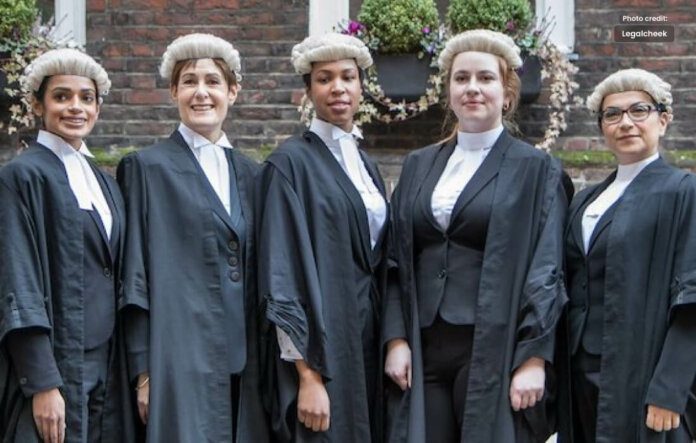Barristers: Pillars of justice, epitomizing legal advocacy and truth.
In the realm of law and justice, barristers stand as iconic figures, epitomizing the essence of legal advocacy and courtroom drama. These skilled legal professionals, often donning the traditional wig and gown, also play a crucial role in the justice system of many countries, representing clients in court and providing expert legal advice. Let’s delve into the world of barristers, unraveling the mystique that surrounds these legal practitioners.
The Distinct Role of a Barrister
A barrister is a type of lawyer specializing in advocacy and representing clients in court. Basically in many legal systems, including those based on the British common law tradition, barristers are an integral part of a two-tiered legal profession, the other being solicitors. The division between barristers and solicitors allows for a clear separation of duties, ensuring a specialized and efficient legal process.
Unlike solicitors who often handle a variety of legal matters and maintain direct client contact, barristers primarily focus on providing expert advice on legal matters and representing clients in court. When individuals or businesses require specialist legal representation in court, they seek the services of a barrister.
Becoming a Barrister: The Journey of Legal Expertise
The path to becoming a barrister is rigorous and demanding. Aspiring barristers must complete several educational and professional steps, typically including the following:
Academic Qualifications:
It starts with obtaining a qualifying law degree or a degree in another subject followed by a conversion course known as the Graduate Diploma in Law (GDL) or Common Professional Examination (CPE). These courses ensure that candidates have a solid understanding of legal principles and concepts.
Bar Professional Training Course (BPTC):
After completing their academic qualifications, aspiring barristers must undertake the BPTC. This intensive course focuses on practical advocacy skills, case analysis, and courtroom procedure.
Pupillage:
Pupillage is a form of apprenticeship where aspiring barristers work and train under the guidance of experienced barristers. During this period, known as “devilling” in some jurisdictions, they gain valuable experience by observing and assisting in real cases.
Tenancy:
Following successful completion of pupillage, barristers may be offered “tenancy” in a barristers’ chambers or go on to establish their own practice. Tenancy refers to the formal acceptance into a set of chambers as a practicing barrister.
Ongoing Professional Development:
Barristers, like other legal professionals, must continuously engage in ongoing professional development to stay up-to-date with changes in the law and improve their skills.
The Barristers’ Chambers: A Unique Environment
Barristers typically work in self-employed groups known as chambers. Chambers provide barristers with shared office spaces, administrative support, and a collaborative environment to share knowledge and experiences. Further each chamber may have barristers specializing in various areas of law, allowing clients to access a diverse range of expertise under one roof.
Working in chambers also allows them to pool resources, share costs, and create a supportive community. Also they often work independently, but in complex cases, they may collaborate with other members of their chambers to provide the best possible legal representation to their clients.
The Courtroom Advocates: Representing Justice
One of the most distinguishing aspects of barristers is their role as courtroom advocates. When a legal dispute reaches trial, barristers are called upon to present their clients’ cases before judges, juries, and other legal professionals. Their ability to analyze complex legal issues, construct persuasive arguments, and cross-examine witnesses is crucial in the pursuit of justice.
Barristers’ courtroom presence, eloquence, and knowledge of the law add to the mystique that surrounds them. Additionally the traditional attire, including the wig and gown, symbolizes their historic role as officers of the court, and while the dress code may have evolved over time, it remains a visible reminder of legal tradition and the solemnity of the courtroom.
Conclusion: The Pillars of Justice
In the world of law, Their expertise, dedication, and commitment to upholding the rule of law make them indispensable in the functioning of the justice system. Whether they’re advocating for individuals seeking justice or representing large corporations, they continue to uphold the principles of fairness and the right to a fair trial, making them essential figures in the intricate tapestry of the legal world.




